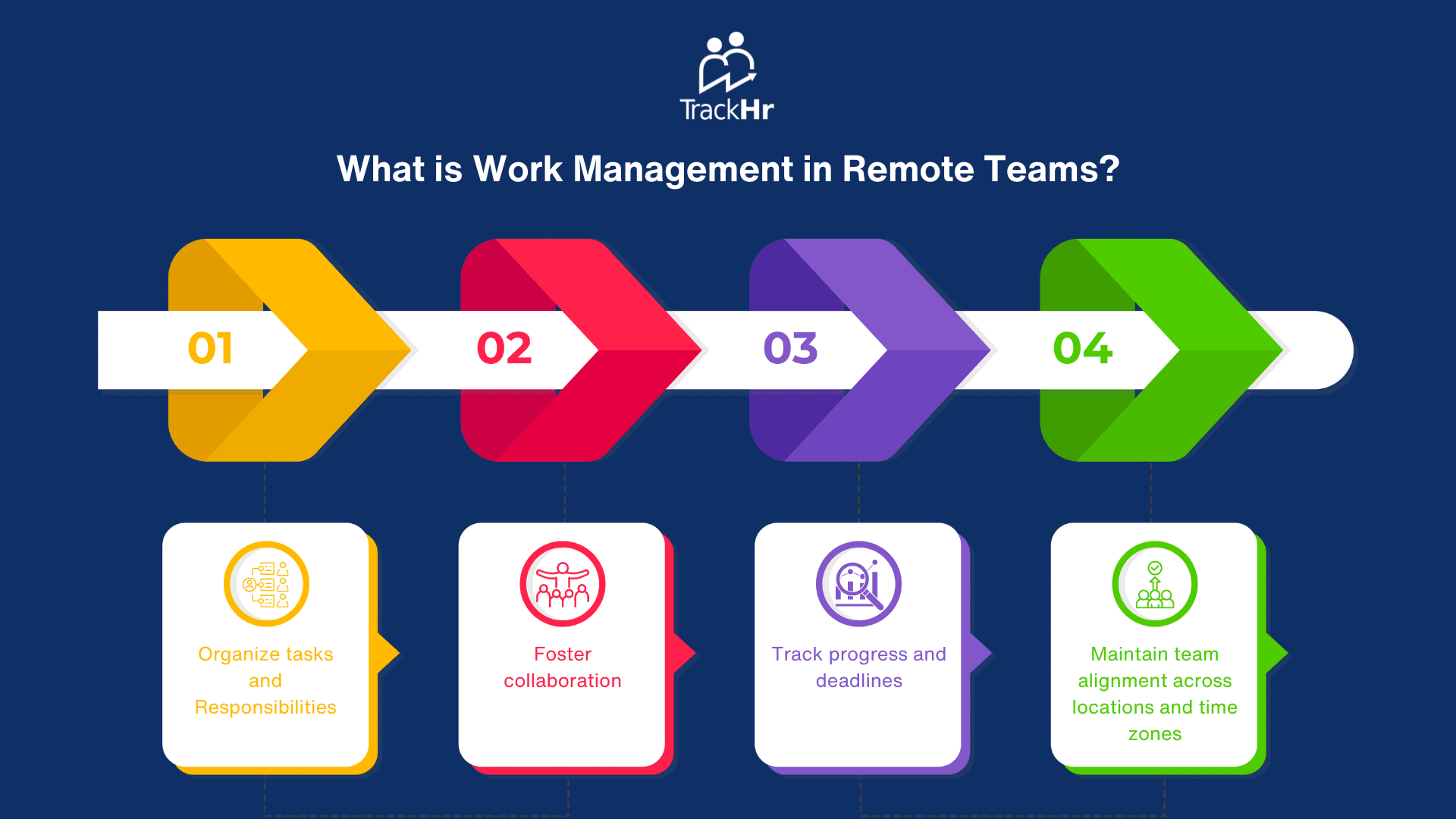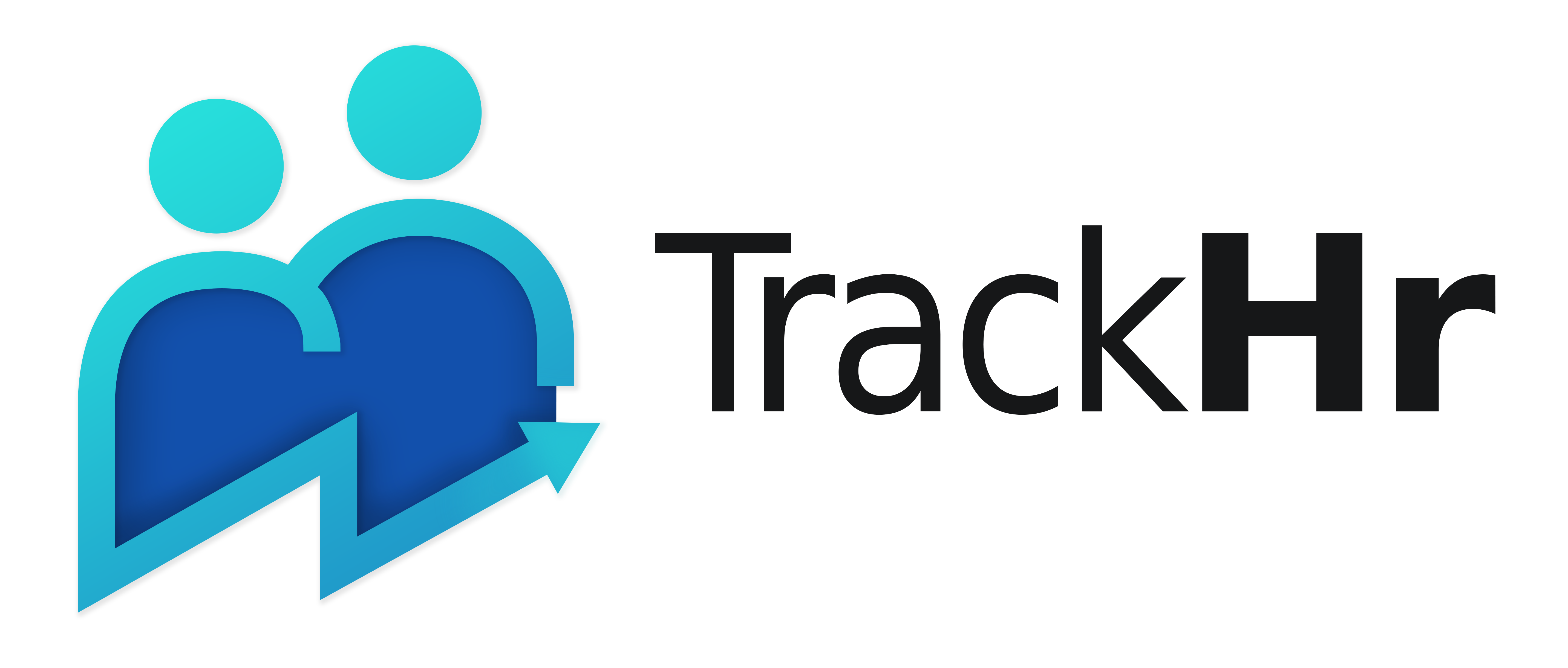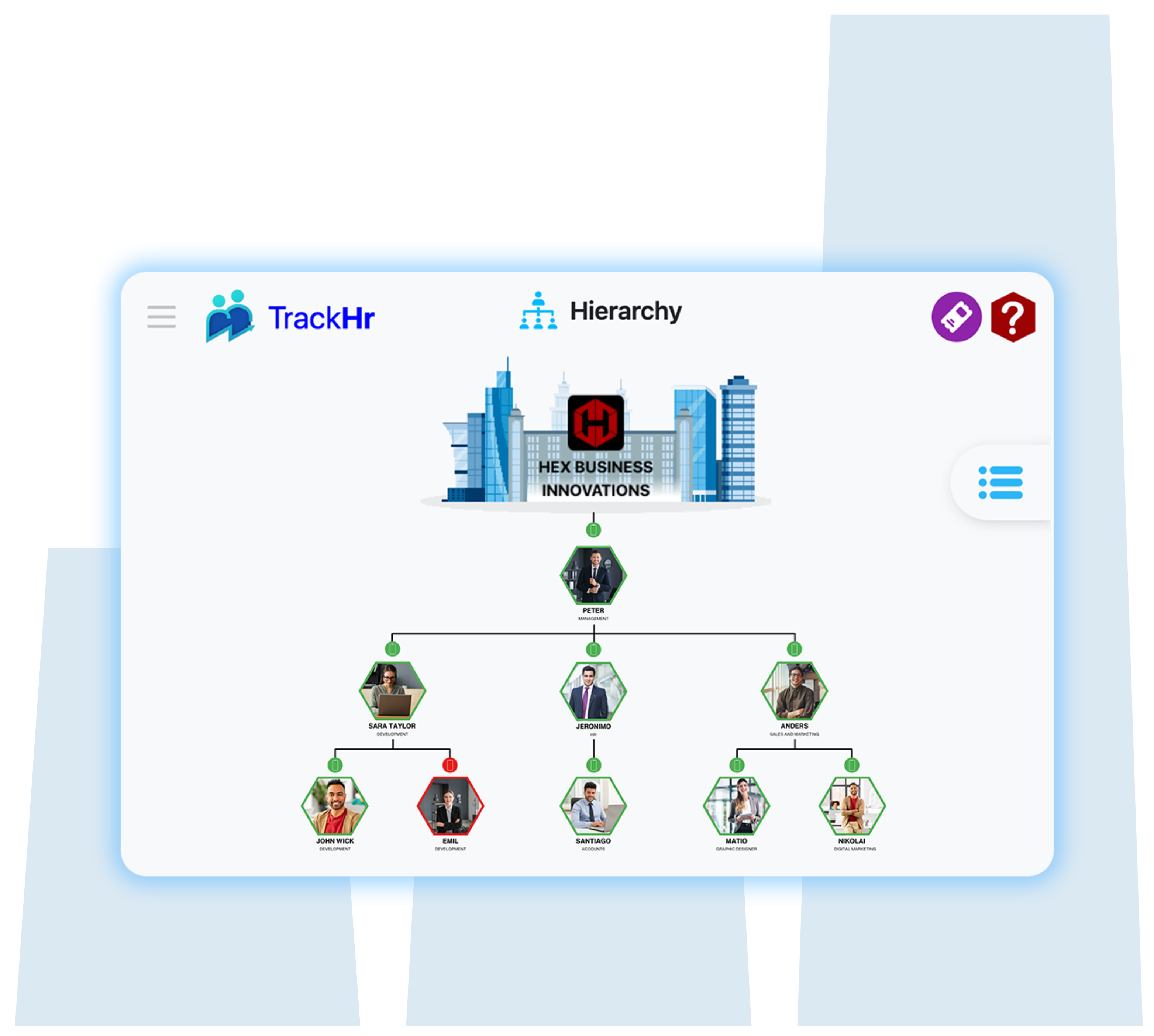Blog
Why Work Management Matters More Than Ever in Remote Teams
- May 20, 2025
- 10:23 am

With the rise of remote work, organizations are experiencing a paradigm shift in how they manage daily operations and employee collaboration. In this new normal, work management in remote teams isn’t a luxury—it’s a necessity. Without the structure of a physical office, businesses must rely on digital tools and streamlined processes to maintain productivity and accountability.
This article explores why work management is more critical than ever for remote teams and how the right systems can transform dispersed teams into highly effective units.
The Challenges of Remote Work Without Proper Management
Remote work offers flexibility, but it also introduces new challenges:
- Communication gaps
- Lack of visibility into progress
- Difficulty tracking accountability
- Overlapping or missed deadlines
Without a robust work management system, remote teams risk becoming disorganized and inefficient.
What is Work Management in Remote Teams?
Work management in remote teams refers to the use of systems and strategies to:
- Organize tasks and responsibilities
- Foster collaboration
- Track progress and deadlines
- Maintain team alignment across locations and time zones
Tools like Trello, Asana, Monday.com, and TrackHr are specifically designed to support these needs in virtual environments.
Key Benefits of Work Management for Remote Teams
1. Improved Communication
With centralized platforms, team members can communicate within tasks, reducing the need for lengthy email chains or missed messages.
2. Clear Accountability
Each team member’s responsibilities and progress are transparent, helping leaders identify who is doing what and when.
3. Real-Time Progress Tracking
Managers and team leads can view the status of tasks, identify bottlenecks, and adjust priorities without micromanaging.
4. Time and Productivity Monitoring
Time tracking and performance dashboards help remote workers stay on schedule and focused.
5. Increased Autonomy and Trust
When expectations are clearly defined and tracked, team members feel more confident and empowered to manage their own workloads.
Best Practices for Managing Remote Teams
1. Set Clear Goals and Expectations
Clearly define objectives, roles, and deliverables for every team member.
2. Use the Right Work Management Tools
Invest in user-friendly, cloud-based platforms like TrackHr that integrate with your existing workflows.
3. Schedule Regular Check-Ins
Daily stand-ups, weekly reviews, and one-on-ones help maintain team cohesion and address issues proactively.
4. Foster a Culture of Accountability
Encourage self-management and recognize achievements to keep remote employees engaged.
5. Analyze and Optimize Workflows
Use insights from your work management system to identify inefficiencies and improve processes continuously.
Conclusion
In a remote-first world, effective work management in remote teams is essential for maintaining productivity, transparency, and collaboration. With the right tools and strategies, businesses can empower distributed teams to operate just as efficiently—if not more so—than traditional office-based teams.
Table of Contents
Exhausted from managing performance management manually?






